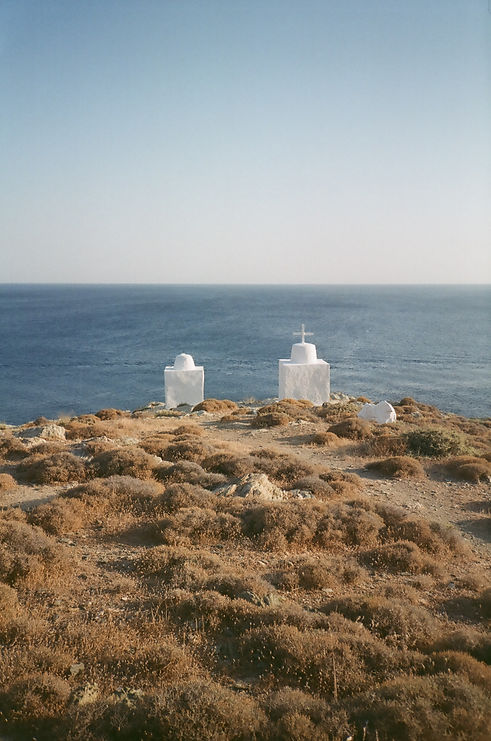Research
Jonathan
Egid
My academic research centers on the history of philosophy and intellectual history, in particular Ethiopian philosophy and literature, the philosophy of translation and the historiography of philosophy.
My most recent publication (with Lea Cantor) outlines some new archival findings that cast new light on the origins of the Ḥatäta Zär’a Ya‛ǝqob authorship debate
I have also published on German Idealism (Kant & Hegel) and the history of Jerusalem, and my postdoctoral research aims explore seventeenth century philosophy from a global perspective.
_JPG.jpg)

The Ḥatäta Zär’a Ya‛ǝqob
My doctoral research at King's College London focused on a remarkable text from Ethiopia, the Ḥatäta Zär’a Ya‛ǝqob. The Ḥatäta has fascinated and puzzled alike on account of its philosophical depth, beauty and apparent historical singularity. It has been called the ‘jewel of Ethiopian literature’, and served to demonstrate, in the words of Claude Sumner, that “modern philosophy, in the sense of a personal rationalistic critical investigation, began in Ethiopia with Zera Yacob at the same time as in England and in France”. But it has also been denounced as a fake and a forgery, and for the last century has been the subject of a highly controversial scholarly - and political - debate.
You can read a book I edited with Lea Cantor (Cambridge) and Fasil Merawi (Addis Ababa University) for free online here.
Two talks I gave on the subject, at the Princeton-Bucharest seminar in early modern philosophy, and at Addis Ababa University, are available here. I also discussed similar topics with Justin Smith-Ruiu on his podcast 'What is X?'.
More information on the 'In Search of ZY' tab on the left
Do philosophical concepts slip easily between languages, like birds flying over borders? Or are they smuggled across with great difficulty, changing not only their own character but those of the languages they become a part of? My first peer-reviewed article, How Does Philosophy Learn to Speak a New Language? examined philosophical translation in a number of contexts: from Greek to Latin; Greek to Arabic; Latin and French to English; Greek and Arabic to Ge'ez, and argued that philosophical translation between very different languages is important for contemporary philosophy insofar as it reveals the linguistic presuppositions of philosophical theories expressed in some particular language. You can also find a video of an early draft of the paper here.
This interest in the translation of philosophical terms, and the possibility of interlinguistic commensurability is also a running theme in the 'Philosophising in...' series of interviews, in which a guest and I discuss the philosophical resources of various different linguistic traditions, and examine the translation of philosophical terms into many of the lesser-studied languages of the world. At the end of each interview a short philosophical wordlist, which we hope to work into a truly global philosophical lexicon.


The History and Historiography of Philosophy
Much of my ongoing research concerns the writing of the history of philosophy, the analytic categories, geographical and temporal divisions and overarching narratives that structure our understanding of the development of this thing called philosophy. In particular I am interested in the genealogy of how our dominant categories in the history of philosophy came to be, and how we might articulate this history differently
I'm interested especially in what the paths forward for a truly global history of philosophy might look like, one that includes philosophical thought from across the entire world.
I have an article in the Hegel Bulletin that concerns one particular strand of this: the reception of the Hegelian historiography of philosophy by Italian orientalists in the early 20th century. You can read it here.